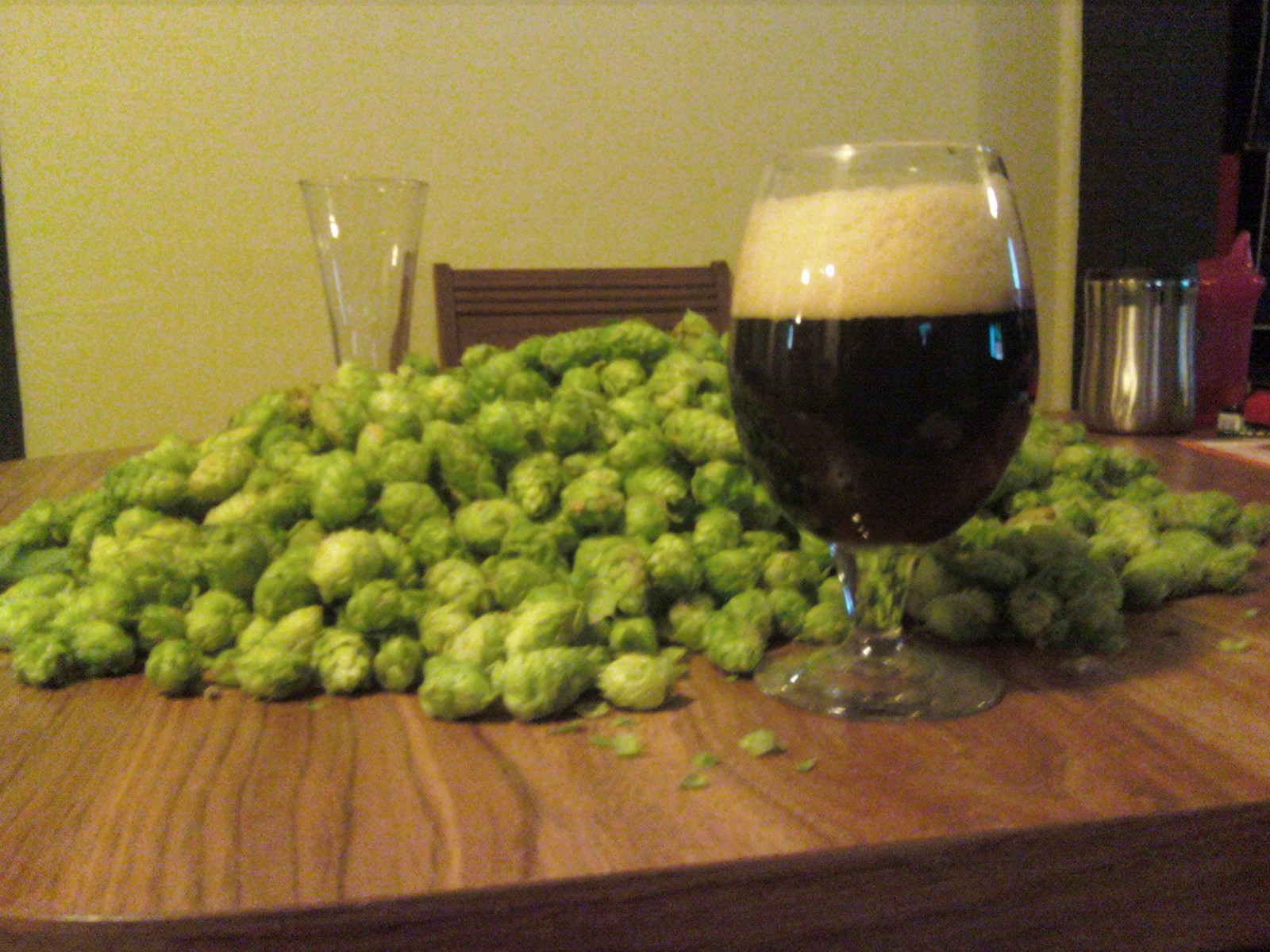fanch75
Well-Known Member
Tonight I think I am going to give the bottles a gentle shake by turning each one upside down a few times to "wake the yeast up." I have them on the main level of the house right now, about 70 degrees. A little warm, but again, trying to wake them up. A plan to move them down into the basement where it is about 60 degrees after a few days.
To be clear on the smell, it definitely had a weakened aroma but it smelled like beer and definitely did not smell foul. I'm getting a good feeling about this. I uploaded pics of it to the original post, but here is the beer in the bottling bucket. Look at how clear it is.

To be clear on the smell, it definitely had a weakened aroma but it smelled like beer and definitely did not smell foul. I'm getting a good feeling about this. I uploaded pics of it to the original post, but here is the beer in the bottling bucket. Look at how clear it is.













![Craft A Brew - Safale BE-256 Yeast - Fermentis - Belgian Ale Dry Yeast - For Belgian & Strong Ales - Ingredients for Home Brewing - Beer Making Supplies - [3 Pack]](https://m.media-amazon.com/images/I/51bcKEwQmWL._SL500_.jpg)














































